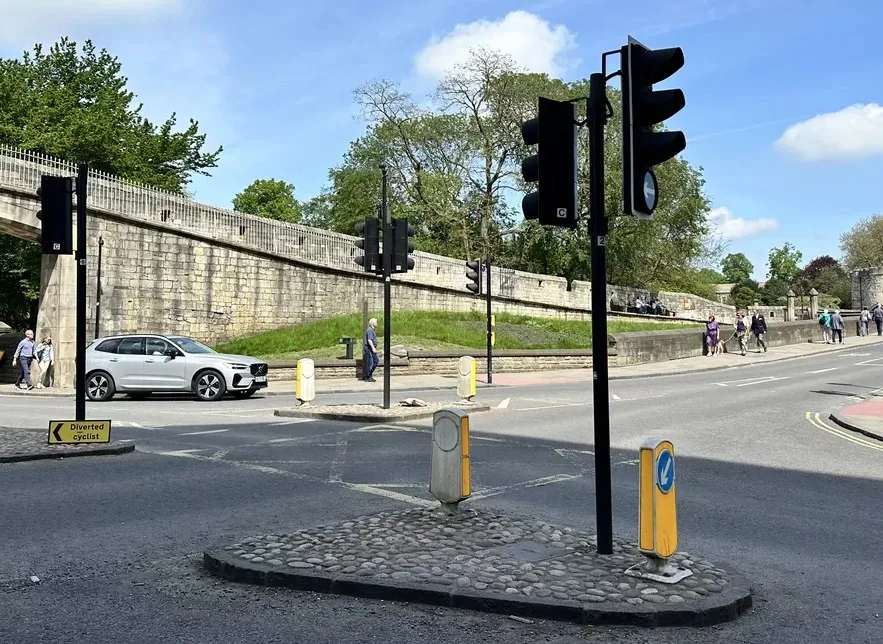The commission includes all technology and civil works, spanning from detailed design through to construction support services.
The M4 Smart Motorway project will introduce intelligent technology to monitor traffic conditions, manage congestion and respond to incidents in real-time on the existing M4 Western Motorway. The project aims to increase traffic throughput, with a potential reduction of peak travel times by up to 15 minutes and accidents by up to 30 per cent.
The Arup and Amey team was originally formed in England, combining Arup’s technical expertise with Amey’s operational management to win a recent design package of the Smart Motorway Programme on the M1. This considerable international knowledge, combined with both firms' local highways experience, was a significant asset in securing this project.
The local team drew heavily on the knowledge of their UK counterparts, with key international members joining the design team and attending interviews with Roads and Maritime NSW throughout the tender process.
Key features of the project will include additional traffic sensors and CCTV cameras to monitor traffic conditions; and variable message signs, speed limits and lane use signs to be able to adapt to demand. Ramp signals will assist by managing traffic flow onto the motorway.
Due to be completed in 2020, the project will bring the M4 into a select class of Smart Motorways in Australia, including another recent Arup project, Melbourne’s M1 Monash and Westgate Freeway Upgrade.
Arup and Amey to design Australian smart motorway project
Arup, working with Amey, is to deliver the M4 Smart Motorway project, said to be the first of its kind in New South Wales, Australia. The commission includes all technology and civil works, spanning from detailed design through to construction support services.
September 28, 2016
Read time: 2 mins










